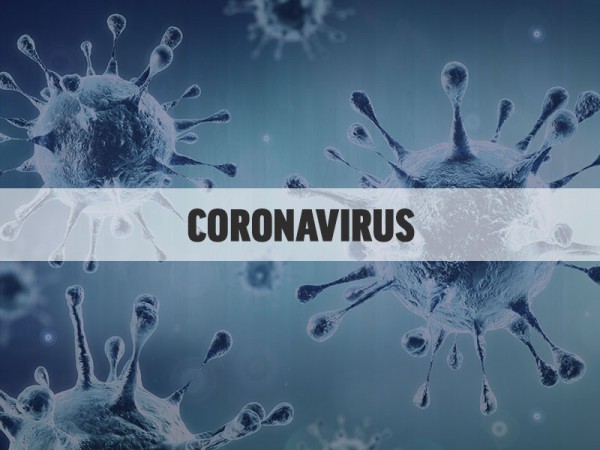A Georgia resident recently died from a rare infection that destroys brain tissue, commonly known as the "brain-eating amoeba."
According to a press release from the Georgia Department of Public Health, Naegleria fowleri causes brain swelling and is usually fatal. The person was likely infected while swimming in a freshwater lake or pond in Georgia, according to the agency.
Naegleria fowleri is an amoeba that lives in soil and warm, freshwater lakes, rivers, ponds and hot springs. The amoeba is not found in salt water and is not found in properly treated drinking water and swimming pools.
The amoeba is commonly called the "brain-eating amoeba" because it can cause a brain infection when water containing the amoeba goes up the nose. It cannot infect people if swallowed and is not spread from person to person.
"Only about three people in the United States get infected each year, but these infections are usually fatal," the press release said.
Symptoms of infection typically start with severe headache, fever, nausea and vomiting and progress to stiff neck, seizures and a coma that can lead to death. Symptoms usually begin about five days after infection but can start within 1 to 12 days. Once symptoms start, the disease progresses rapidly and causes death within about five days.
"The amoeba is naturally occurring, and there is no routine environmental test for Naegleria fowleri in bodies of water; and because it is very common in the environment, levels of the amoebas that naturally occur cannot be controlled," the press release said. "The location and number of amoebas in the water can vary over time within the same body of water."
The agency said swimmers should always assume there is a risk when entering warm, fresh water, even though the risk is low. You can reduce the risk of infection by limiting the amount of water that goes up the nose.
The CDC recommends taking the following precautions:
- Avoid jumping or diving into bodies of warm freshwater, especially during the summer.
- Hold your nose shut, use nose clips, or keep your head above water when in bodies of warm fresh water.
- Avoid putting your head underwater in hot springs and other untreated geothermal waters.
- Avoid digging in, or stirring up, the sediment in shallow, warm fresh water. The amoebae are more likely to live in sediment at the bottom of lakes, ponds, and rivers.
Before this newly confirmed infection, there have been five other cases reported in Georgia since 1962.
The Georgia Department of Public Health did not release information about where the person contracted the amoeba.















